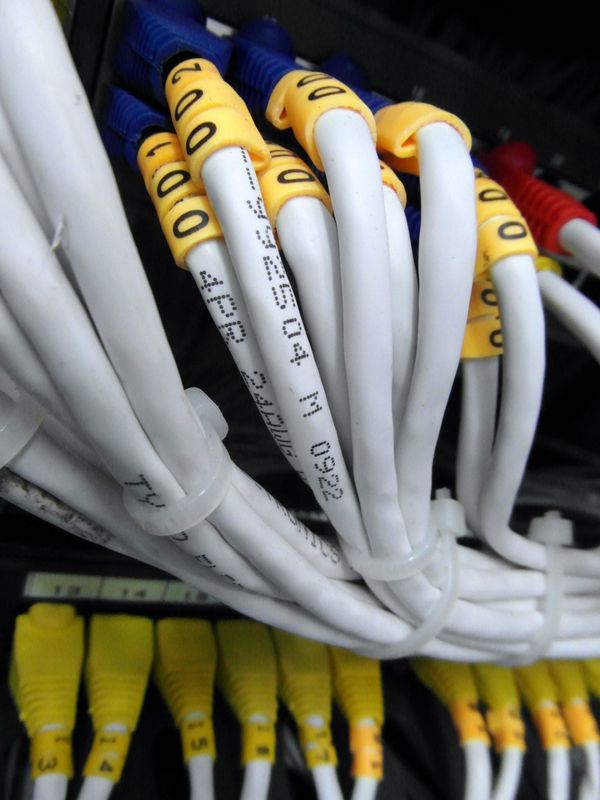Less Hackable IoT Is On All of Us, consumers and makers alike

Most consumers interviewed for a recent study believe that making IoT devices harder to hack is a shared responsibility between the end users and the manufacturers. The survey involved respondents from six countries, almost 40% of them having more than five smart things in their homes.
Minimum security standards for the Internet of Things are not mandatory for manufacturers; this current state allows them to market products powered by a code that sometimes includes basic security oversights. The benefit is only for the maker who can deliver the device on shorter terms and at a lower production cost. The end users, on the other hand, are put at the risk of getting their smart things, or even homes network, hacked.
A study commissioned by Irdeto shows that 56% of the participants believe that both the end-user and the device maker should be responsible for preventing hacking of smart gadgets. This opinion is most prevalent in the UK, with a rate of 65%, followed by India (64%). At the opposite end are users from China – only 40% of them agree with this view. In the US, 56% of the participants shared this conviction. Overall, only 20% of surveyed individuals think that this burden falls into the hands of the manufacturer, while 15% replied that it is the end-user’s responsibility.
Irdeto is a company that develops hack-resistant software for media and entertainment, automotive, and IoT connected industries. The survey results count on the answers of respondents from the US, the UK, Germany, Brazil, India, and China, in a panel of 7,882 adults.
Almost all respondents concur with that connected devices should come with built-in security features, the global average being 90%. This opinion is most prevalent in Brazil, where 96% of the participants believe the same, followed by India (95%) and China (92%); it is least popular in the US – 82% of the replies agree to it.
Curiously, although IoT security awareness is high, the concern about hackers compromising smart devices is lower, the global average being a little under 70%, the Germans being the least worried (52%). This result could be because most attacks involving connected things are the so called distributed denial-of-service (DDoS), which does not deprive the owner of the device’s functionality.
A device that comes with robust security features is still an easy target for hackers if it lacks proper configuration. Allowing access to web services over the internet and keeping the factory credentials may be a more comfortable experience, but it is also an easy way to compromise a connected product. Recently, security researchers discovered that anyone could log into the administration panel of satellite internet equipment on some ships was possible with the default username and password available in the user manual, which warned about changing them and not exposing the network directly to the internet.
Image credit: Irdeto
tags
Author
Right now Top posts
Start Cyber Resilience and Don’t Be an April Fool This Spring and Beyond
April 01, 2024
Spam trends of the week: Cybercrooks phish for QuickBooks, American Express and banking accounts
November 28, 2023
FOLLOW US ON SOCIAL MEDIA
You might also like
Bookmarks







